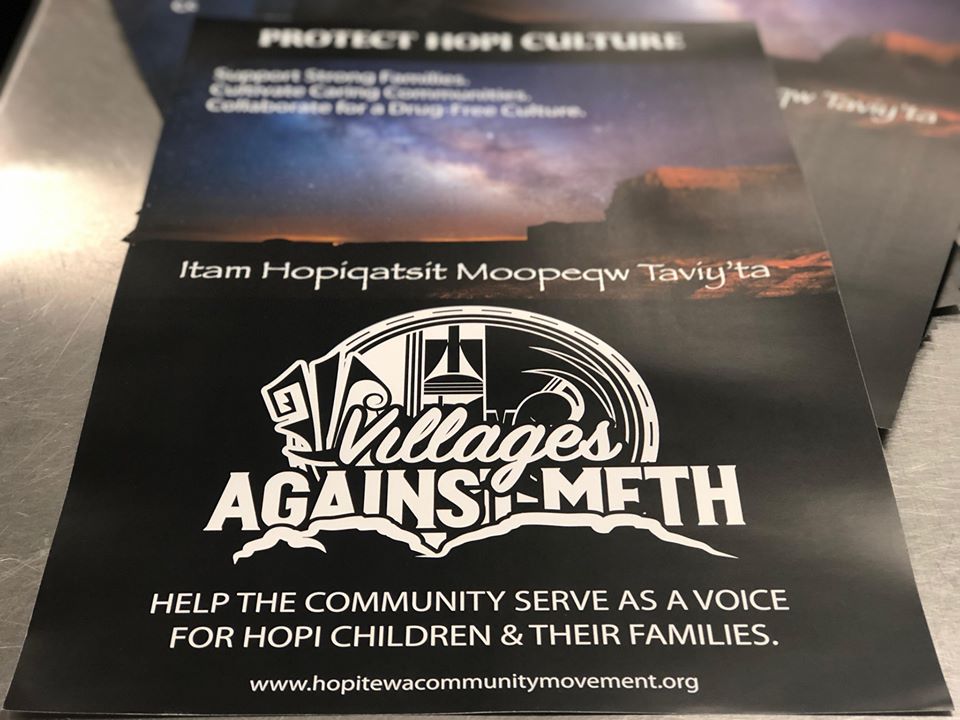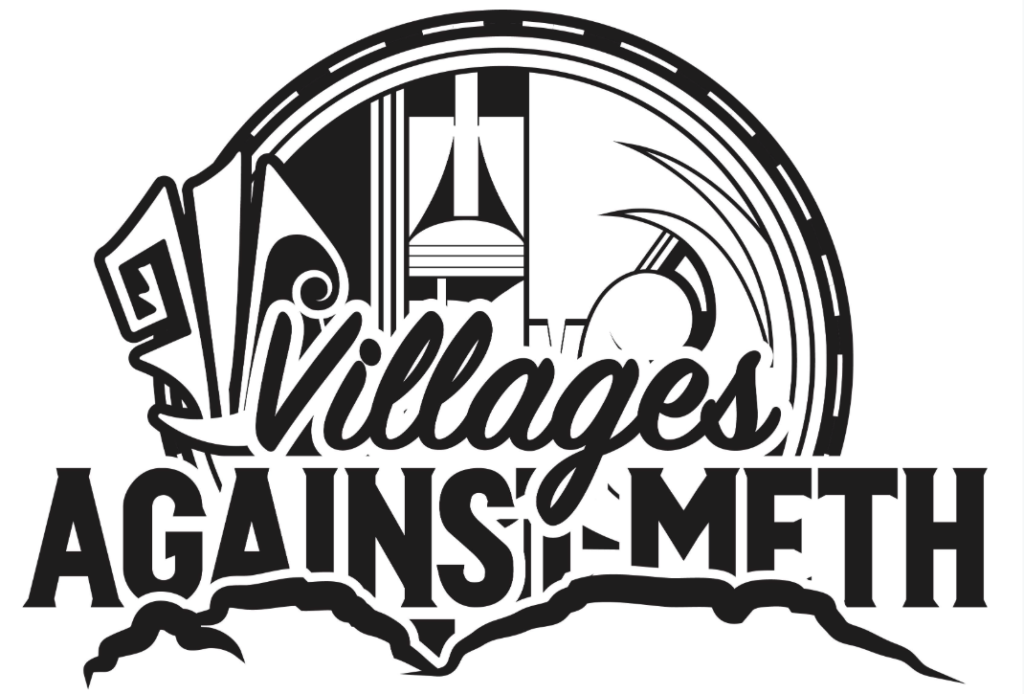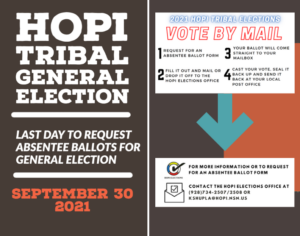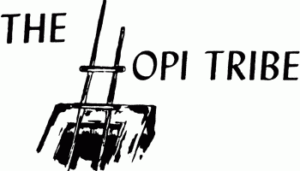VAM Town Hall Meetings – Community Report (FULL)


Villages Against Meth (VAM) hosted three Town Hall meetings in order to gather community input regarding the methamphetamine problem facing Hopi. These meetings were coordinated by Hopi Tewa Community Movement, a local community grassroots effort.
Each meeting had more than 400 in attendance and provided robust forums to collect community input to support the development of robust action plans.
Below is the background of the report and full report is available for download. Click to Download Full Report
Town Hall Meetings Community Report
VISION
Resiliency & Empowerment: WE have a problem, let’s fix it.
Compassion: WE have compassion for our people who suffer.
Support: WE don’t know the answer, but we’re going to do this together
Background
As many have witnessed and experienced, Hopi are presently experiencing the devastating effects of methamphetamine and other substance abuse in our villages and communities. Meth dealers living on the reservation are distributing this destructive and highly addictive drug, resulting in violent crimes against community members, bodily injury and even death. Innocent women, children and elders have consistently been targeted during home invasions, and traditional belongings are being stolen and sold in order to buy this drug from known native and non-native dealers living in our community.
Many families and individuals have encountered loved ones and community members who are using and/or selling, or who have been victims of meth related crimes. We recognize that the use of meth and other substances play an overwhelming role in the violence occurring in our villages and communities.
This meth problem has harmed Hopi families, eroded our culture and strained already limited resources. Concerned Hopi are committed to action and supporting this effort at all levels including exclusionary orders for known drug dealers.
In response to this crisis, facilitated town hall meetings were conducted from December, 2018 through March 2019 in order to launch a coordinated community-driven effort to address the problem. This report represents the collective community voice that emerged from these meetings. It reflects the proactive engagement from the community, our leadership, and law enforcement that has been initiated.
EXECUTIVE SUMMARY
Overview
On December 20, 2018, March 4, 2019 and March 20, 2019, Community Town Hall meetings were held to gather community input regarding the methamphetamine problem on the Hopi Reservation. These meetings were coordinated by Hopi Tewa Community Movement, a local community grassroots effort. Each meeting had more than 400 in attendance and provided robust forums to collect community input to support the development of robust action plans.
Community Comments and Observations
- Many community members voiced that they live in real fear.
- Until we heal from past traumas, we cannot move forward with our lives. Our addictions continue unabated until we talk and walk in truth.
- Information about law enforcement activities is not getting out to the community. Many people were unaware of the transition occurring between HRES and BIA.
- Some people in attendance had information they wanted to share and welcomed confidential channels to do so.
- Attendance by HRES was appreciated.
- The effects of methamphetamine among our youth is pronounced. Participants voiced many consequences, including:
- Neglect of children
- Mothers using meth during their pregnancy
- Developmental delays
- Behavior problems in school classroom and slowed academic development
- Dysfunctional family dynamics
- Children being removed from families and having to live with other care givers.
The Origins of Addiction
- Community members expressed a number of perceived causes of meth usage in the community including:
- Depression
- Usage as a mechanism to cope with sexual, psychological or physical abuse
- Parents normalizing the drug through their own usage
- Peer pressure and desire to be accepted socially
- Desire to experiment
- Drug dealing for income and then transitioning to becoming a user
- Unintentional exposure through ignorance
- Boredom
- Parents enabling usage among youth and children
- Weight loss
- Many participants voiced that methamphetamine was a secondary issue, and that substance abuse stemmed from underlying events (abuse, familial problems, trauma) that gave rise to addiction.
- Our community members expressed a number of vulnerabilities (poverty, scarce resources, historical trauma, minimal law enforcement, unemployment, etc.) and that drug traffickers prey upon these vulnerabilities.
- Disempowering relationships are also cited as a problem. Drug activity is normalized through usage among other family members. In addition, peer pressure outside the home influences drug use: frequently people felt that a kind of bullying happens in our communities with all kinds of substance abuse that involves friends, partners and even family.




